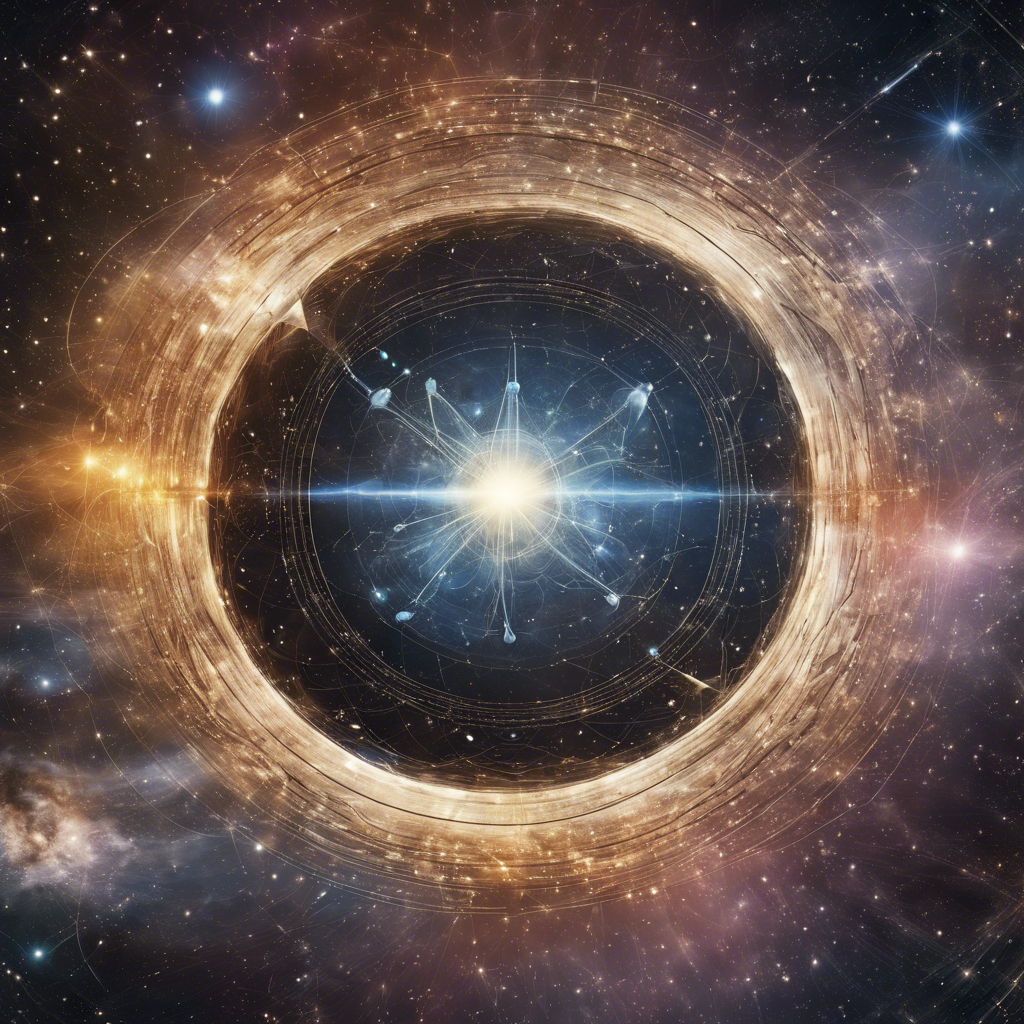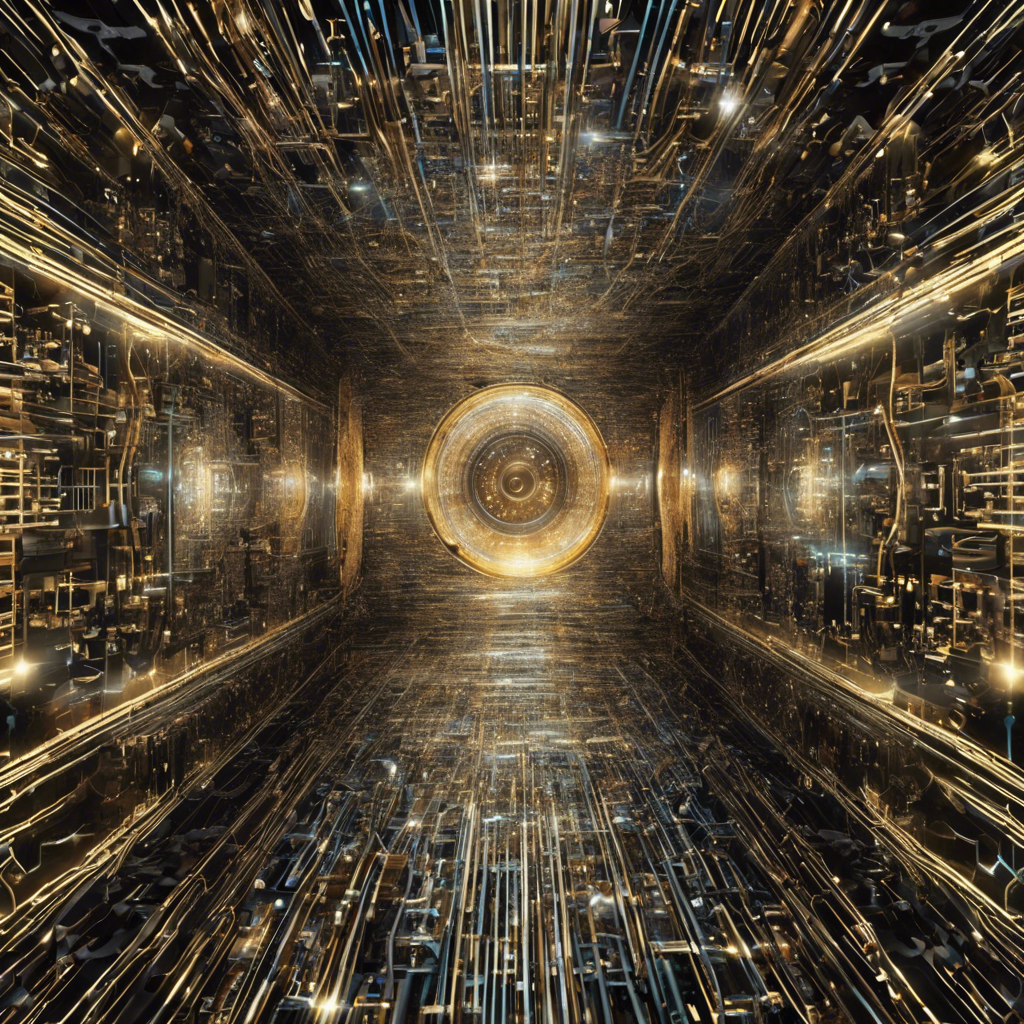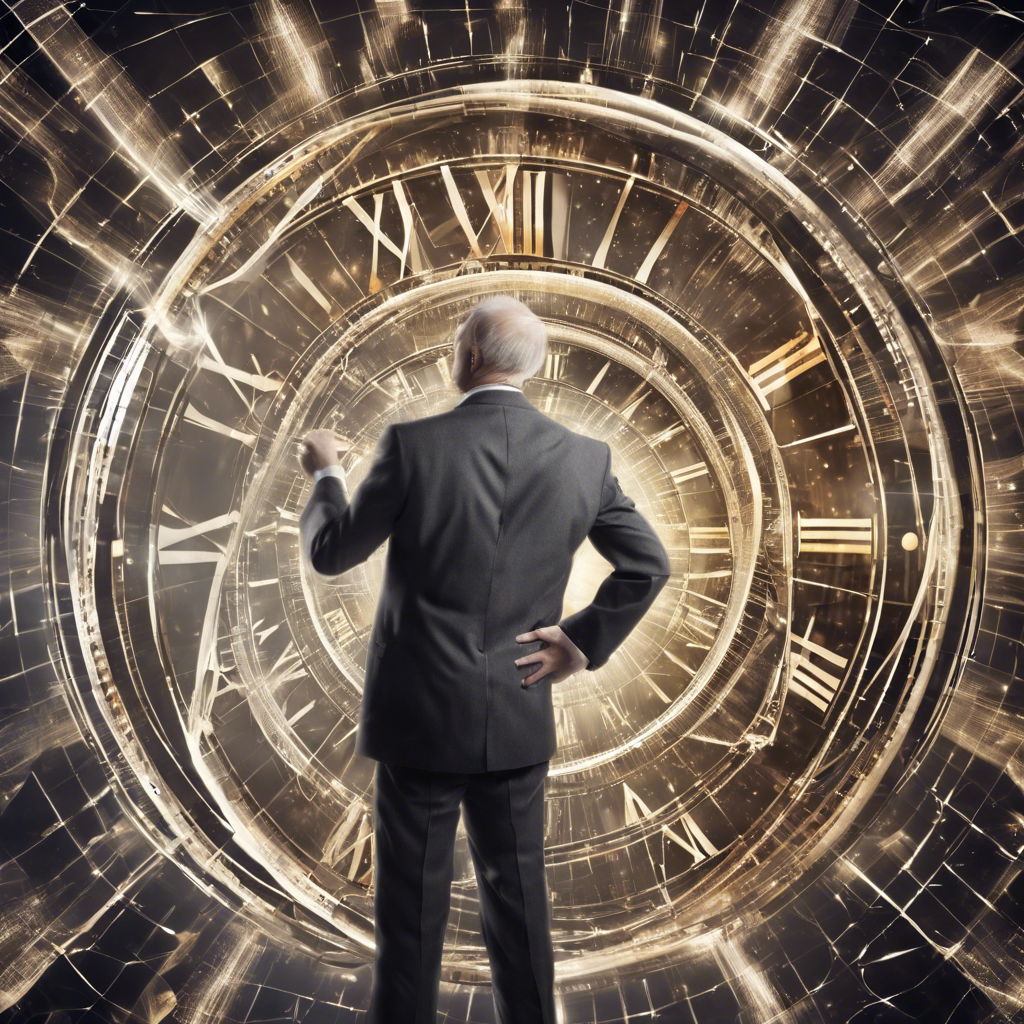Exploring the idea that the quantum Universe might be more deterministic than previously believed.
The prevailing belief that quantum physics implies randomness and uncertainty may be far from the truth. Albert Einstein once pondered whether there was any choice in the way the Universe exists, questioning if the necessity of logical simplicity allows for any freedom at all. US physicist James Hartle made significant contributions to this ongoing debate, proposing a radical idea that challenges the conventional understanding of determinism. Contrary to popular belief, a quantum Universe might be more deterministic than a classical one, offering a potential explanation for the Universe’s unique configuration.
The Rise and Fall of Determinism
In classical physics, determinism suggests that the state of the Universe at any given time, along with the laws of physics, fully determine its past and future evolution. Isaac Newton’s laws of motion exemplify this concept, as they theoretically allow for the deduction of all facts about the Universe based on the knowledge of particle positions and momenta. Determinism’s predictive and explanatory power has been favored by physicists but has raised philosophical questions about human free will.
Quantum Uncertainty and the Cat Paradox
The advent of quantum mechanics in the twentieth century challenged determinism with the of probabilistic outcomes. Quantum theory describes the behavior of particles in terms of probabilities, as demonstrated by Erwin Schrödinger’s famous thought experiment involving a cat in a superposition of alive and dead states. Quantum mechanics appeared to undermine determinism by introducing randomness and uncertainty into the fabric of reality.
Quantum Mechanics and Determinism
Contrary to popular belief, the quantum Universe might be more deterministic than its classical counterpart. One reason is the technical limitations of classical physics, which allow for situations where the past does not determine future events. However, the of the speed of light as a universal speed limit in Einstein’s theory of relativity resolves this issue. Furthermore, the application of quantum theory to resolve singularities in general relativity could restore determinism by unifying quantum mechanics and relativity into a theory of “quantum gravity.”
Decoherent Histories and Determinism
James Hartle’s work on decoherent histories in quantum theory offers another perspective on determinism. According to Hartle, the wavefunction of a quantum object never randomly jumps but evolves deterministically according to Schrödinger’s equation. This view aligns with Hugh Everett III’s “many worlds” interpretation, suggesting that the quantum Universe branches into different versions according to the possibilities encoded in the wavefunction. This interpretation implies that the quantum Universe is determined by a single wavefunction that encompasses all possible classical trajectories.
Quantum Cosmology and the No-Boundary Proposal
Hartle’s collaboration with Stephen Hawking in the field of quantum cosmology further supports the idea of a deterministic quantum Universe. Their “no boundary” wavefunction proposal suggests that the Universe’s shape rounds off smoothly towards the past, with no boundary. This concept implies that the quantum Universe has two basic laws: a deterministic law of temporal evolution and a simple law that selects an initial wavefunction. Thus, the quantum Universe satisfies strong determinism, providing a single cosmic history despite the superposition of classical trajectories.
Quantum Foundations and the Space of Density Matrices
Recent studies in quantum foundations propose an alternative method for implementing strong determinism. Researchers suggest that quantum states of closed systems, including the Universe, can be described by density matrices rather than wavefunctions. Density matrices offer additional options for the Universe’s initial condition and can potentially satisfy strong determinism while allowing for a multiverse of evolving branches.
Conclusion:
The idea that the quantum Universe might be more deterministic than previously believed challenges the popular notion of randomness and uncertainty. James Hartle’s contributions to the debate on determinism offer a fresh perspective, suggesting that the quantum Universe’s unique configuration may be the result of deterministic laws. While the ultimate theory bridging quantum physics and relativity remains elusive, exploring the implications of a strongly deterministic quantum Universe raises profound questions about free will and the nature of cosmic existence.











